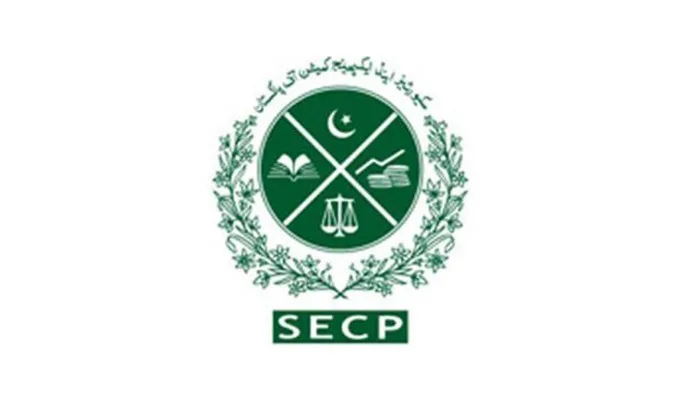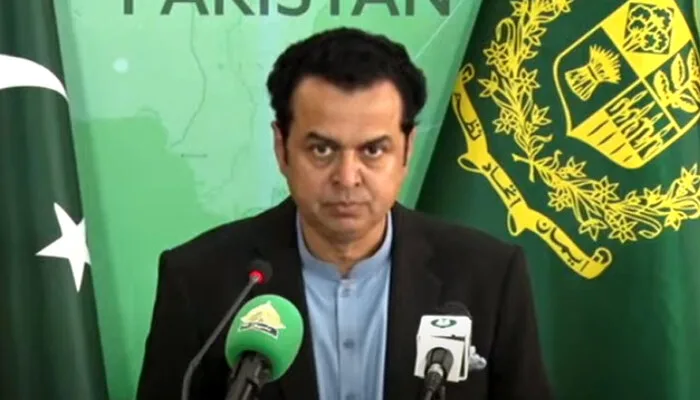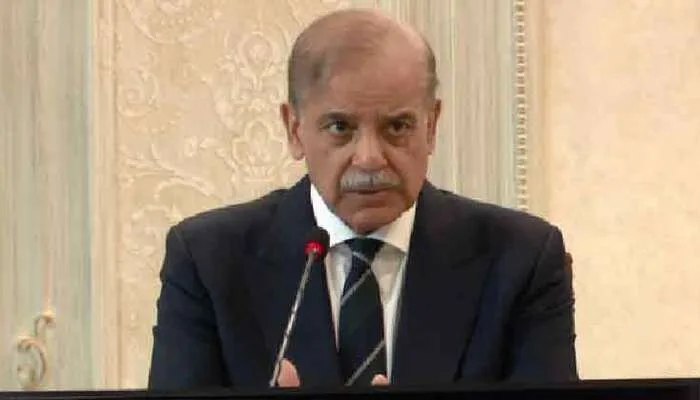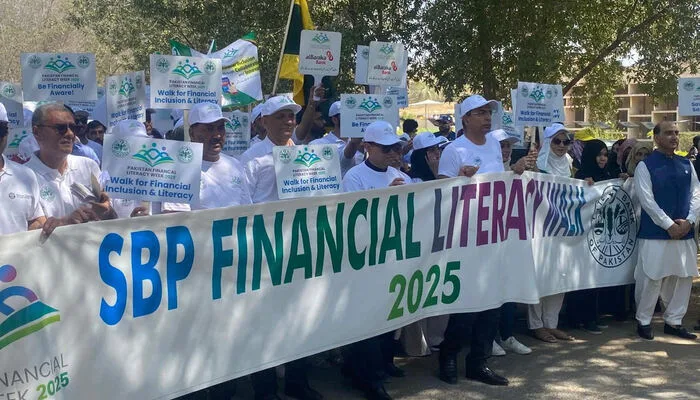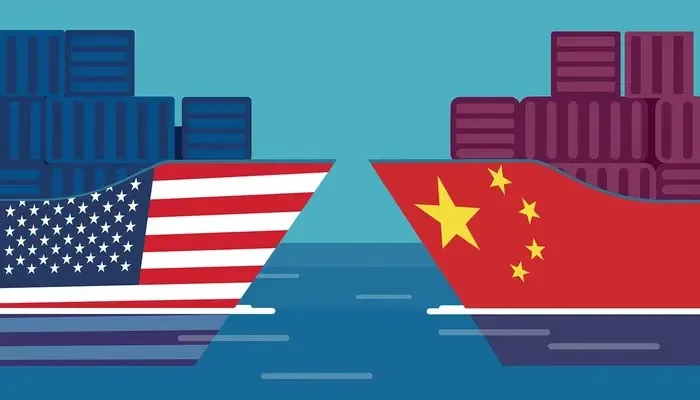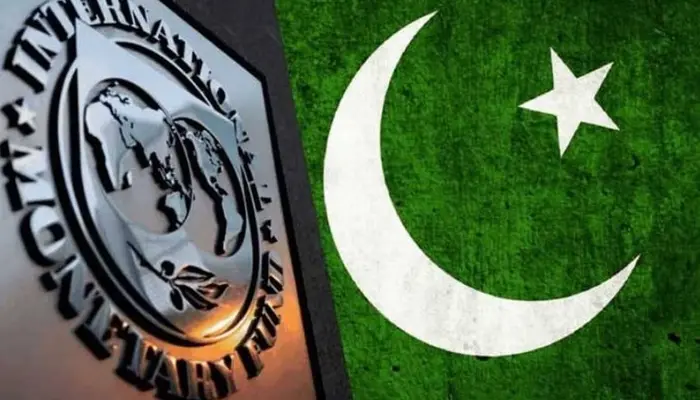
Commitment to Strcutural Reforms
Pakistani authorities have reaffirmed their dedication to structural reforms. The government plans to continue fiscal adjustments to lower public debt while ensuring transparency. Strengthening tax systems and improving public financial managemeny remain key priorities.
The IMF has also highlighted the need for strict monetary policies to manage inflation, which has now dropped to its lowest level since 2015. Building foreign exchange reserves is another focus area to ensure economic stability.
Energy Sector Overhaul
Reforms in the energy sector are a major component of Pakistan’s economic strategy. The government aims to cut costs, improve distribution efficiencies, and create a more sustainable energy framework to drive economic growth.
Read: Illegal Water Tankers in Karachi Fuel Naegleria Outbreaks
Challenges and Future Risks
While Pakistan has made notable progress, the IMF warns that risks remain. Global economic uncertainties, geopolitical tensions, and climate-related challenges could disrupt the country’s recovery. The IMF has urged Pakistan to stay committed to its reform agenda to sustain economic growth.
A Step Toward Stability
This agreement is a critical step for Pakistan’s economic and environmental sustainability. With financial backing from the IMF, the country aims to reinforce its economic foundation while strengthening its ability to withstand climate-related risks. Staying on course with reforms will be key to achieving long-term stability and prosperity.
Follow us on Google News, Instagram, YouTube, Facebook,Whats App, and TikTok for latest updates




